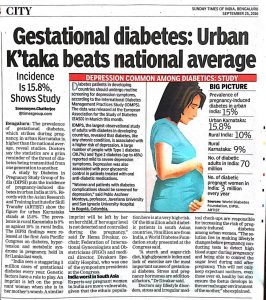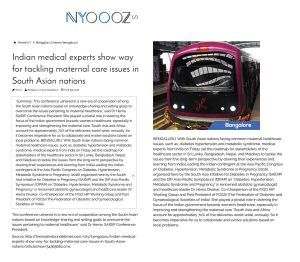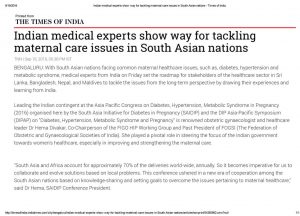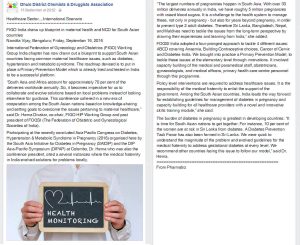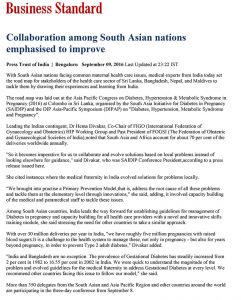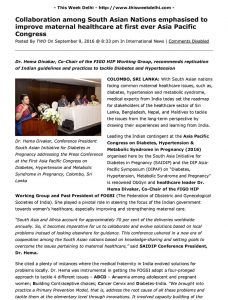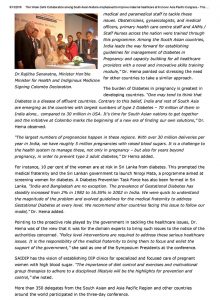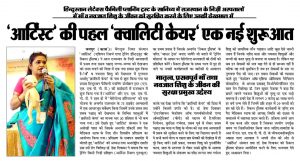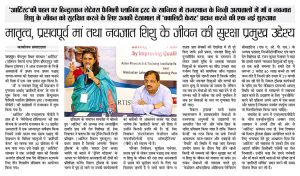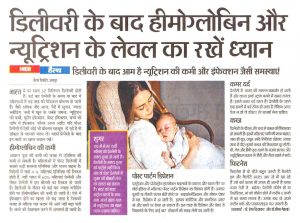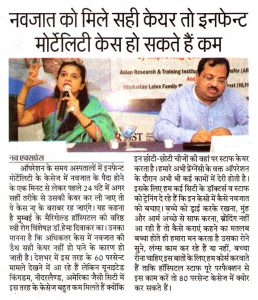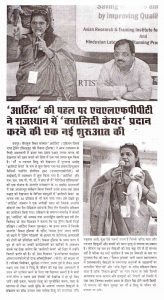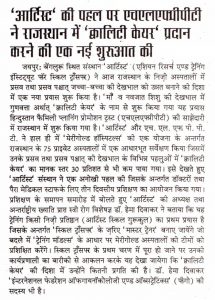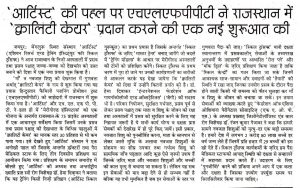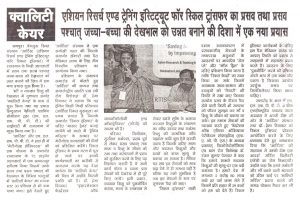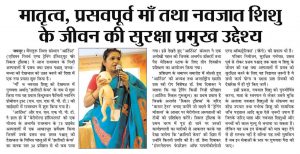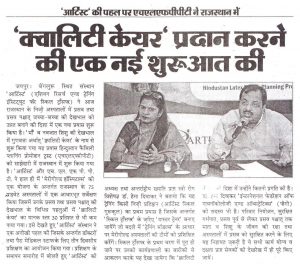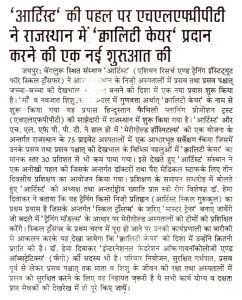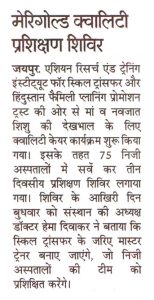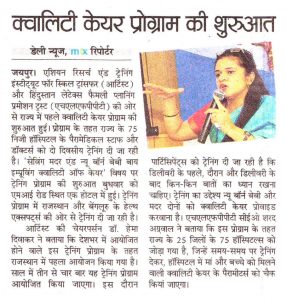Newspaper
This is custom heading element
This is custom heading element
ARTIST For Her and Nanjangud MLA show the way of delivering healthcare at doorstep
Hemmargala Model Health and Wellness Village
Name of the National News Agencies
ANI -Asian News International

PTI - Press Trust of India

UNI - United News of India

Name of the National News Agencies
India Today
Business Standard
The Week
Business Today
Mangalorean
Yahoo News
5 Dariya News
Abhitak News -English
Asianbuck
Aarogya Khabar
Big News Network
Bangalore Waves
Bihar Prabha
Biotech Asia News
Biz Wire Express
Biz Next India
Business Today In
Business Sandesh
Business News This Week
Buzzing Bharat
B Live
Business Up Turn
Current New
Crack of Dawn
Chennaiyl
Dalal Street Investment Journal
Daily News & Views
Earth News4U
First Spot
Global Prime News
Global Pharma Times
Green Lichen
Ground Report
Good Report
Go Earth
Health of Asia
Healthcare Mumbai
Hello Mumbai
Healthcare India Today
Health Okay Please
India Shorts
IBTN9
India Herald
Indian Nerve
Indore Dilse
India Editor
IIFL -India Infoline
This is custom heading element
This is custom heading element
This is custom heading element
This is custom heading element
This is custom heading element
This is custom heading element
This is custom heading element
This is custom heading element
This is custom heading element
This is custom heading element
This is custom heading element
This is custom heading element
This is custom heading element
This is custom heading element
This is custom heading element
This is custom heading element
This is custom heading element
This is custom heading element
Media - Newspaper
Federation of Obstetric and Gynaecological Societies of India (FOGSI) – “SAVMA 2016 – Saving Mothers – Prevent the Preventable” on 21st October, 2016








































































NABH, the Federation of Obstetric and Gynaecological Societies of India and Jhpiego join hands to build an accreditation system for small maternity care hospitals and clinics in India.
Nearly five women die every hour in India from complications developed during childbirth, with heavy blood loss caused by haemorrhage being a major factor, according to World Health Organisation. Photo: iStock
Private maternity care to have accreditation system
Hyderabad: The National Accreditation Board for Hospitals and Healthcare Providers (NABH), the Federation of Obstetric and Gynaecological Societies of India (FOGSI) and Jhpiego, a non-profit affiliated to The John Hopkins University and working on reproductive health, have joined hands to build an accreditation system for small maternity care hospitals and clinics in India.
The accreditation is intended to standardize systems and protocols, improve quality of maternity care and reduce maternal and newborn mortality.
As part of the accreditation, NABH will assess the systems and procedures of the private clinics and hospitals, FOGSI will evaluate the clinical protocols and Jhpiego will help in capacity building.
“There are more than 80,000 registered private hospitals and clinics in India of less than 50 beds, around half of them could be offering maternity and newborn care services,” said K.K. Kalra, chief executive officer of NABH.
Kalra said the accreditation will be valid for two years and there will be surprise checks to monitor compliance.
“Maternity care in the private sector is highly unregulated, and accounts for more than half of the 26 million babies delivered every year in India,” said Bulbul Sood, country director at Jhpiego.
“This is where we thought some kind of standardisation of care is needed,” Sood said.
Jhpiego has done a three-year pilot study for FOGSI funded by MSD, the Indian unit of US pharmaceutical giant Merck, in 11 cities of Uttar Pradesh and Jharkhand.
The study found out that private hospitals and clinics delivering maternity care were not adhering to even one-fourth of the 29-30 critical clinical guidelines.
“We found out discrepancies like lack of emergency medical services and skilled nurses, poor record-keeping of morbidity and mortality, unnecessary induced labour, unexplained caesareans and misuse of postpartum antibiotics,” said Hema Divakar, gynaecologist and member of FOGSI.
The standardisation of maternity care will help in eliminating unnecessary medical complications, reducing the maternal mortality rate and also giving policymakers and doctors more evidence for intervention, Divakar said.
Nearly five women die every hour in India from complications developed during childbirth, with heavy blood loss caused by haemorrhage being a major factor, according to World Health Organisation.
The maternal mortality rate (MMR) of India is estimated to be at 167 per 100,000. As part of the United Nations sustainable development goals, India has committed to bring down MMR to 70 per 100,000 by 2030.
Around 45,000 mothers die due to causes related to childbirth every year in India, accounting for 17% of such deaths globally.





